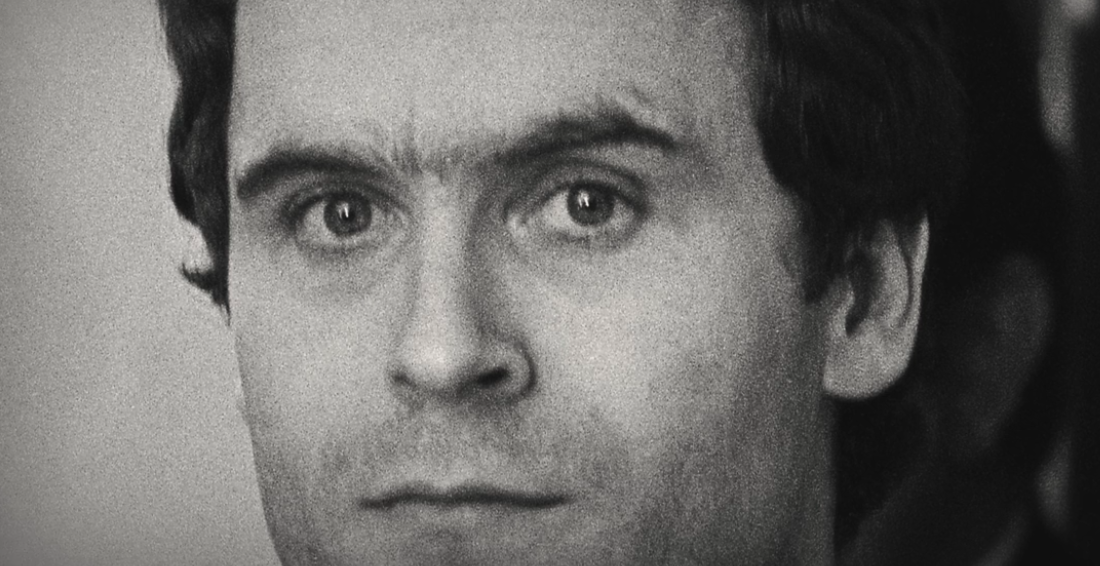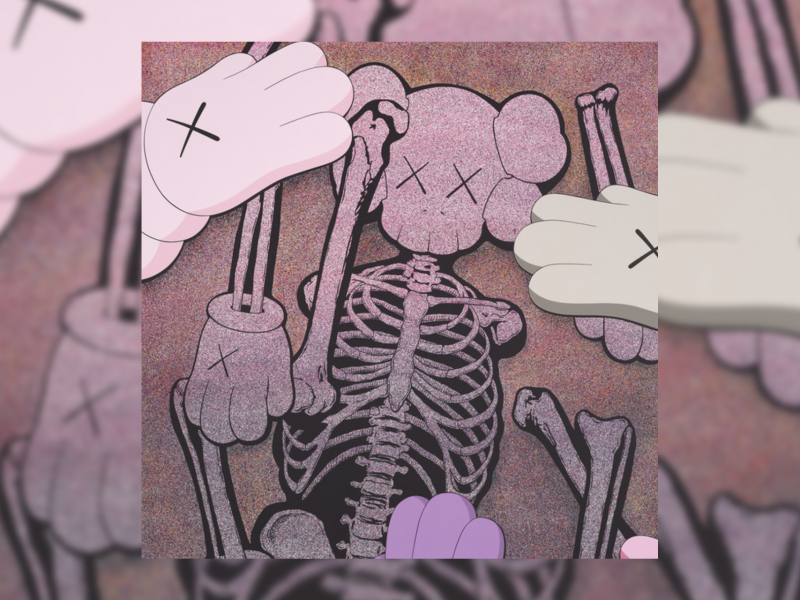When we’re children, one of the first concepts we’re exposed to is good versus evil. Fairy tales, children’s TV shows, movies, books — so many classic works revolve around this basic dynamic. But it’s often still unclear why evil people do evil things. Netflix’s Conversations with a Killer: The Ted Bundy Tapes tries to find out.
All four episodes of the Joe Berlinger-directed series dropped Jan. 24, adding to the popular list of true crime Netflix originals such as Making a Murderer, The Staircase and The Keepers. It’s a look into the life of serial killer Ted Bundy, largely through interviews journalists Stephen Michaud and Hugh Aynesworth conducted prior to Bundy’s execution.
Berlinger also managed to score sit-downs with Bundy’s old friends, as well as journalists, prosecuting attorneys and defense attorneys, all of whom provide insight and context into his life. They describe a handsome, intelligent man who pulled the wool over their eyes as he committed 30 brutal murders.
The title leads us to believe we’re getting an exclusive look into Bundy’s mind from the man himself, but this is not the case. These taped conversations with Bundy don’t provide much more insight into his motives than the general public knew at the time of his trial.
The closest the show gets to revealing why Bundy murdered so many people is when Michaud comes up with the idea to have Bundy talk about the killings in the third person as if he was psychoanalyzing himself. Bundy buys into this, and he confusingly describes what the motives of this person (himself) might have been, but it’s all so vague.
Most of what viewers get from taped conversations with Bundy are half-truths, dodgy answers and a disgusting, casual demeanor surrounding his crimes. There’s no better example of this than how he describes his mindset in Pensacola, Florida, around the time 12-year-old Kimberly Leach was kidnapped and killed.
“And [I was] just laying there in the sand and getting a bit of a tan,” Bundy said. “I was super confident, and I was just — just feeling really satisfied with the way things were.”
By the end of the show, it almost becomes an annoyance to hear Bundy’s chuckling voice on the tapes. Michaud echoes this sentiment near the end of the fourth episode.
“We’d recorded roughly a hundred hours of recorded conversation. But if you listen to the tapes, he never confesses,” he said. “I was heartily sick of what I was hearing. I was sick of Ted.”
Viewers might feel sick of Ted by the end, too.
Conversations with a Killer delivers an intriguing narrative — particularly for younger viewers who didn’t live through Bundy’s trial — and accurately depicts a man who used his intelligence for sinister purposes and ruined dozens of lives. What it does not do, however, is deliver a lot of new information about why Bundy was so unspeakably evil, or why any human being would be.




